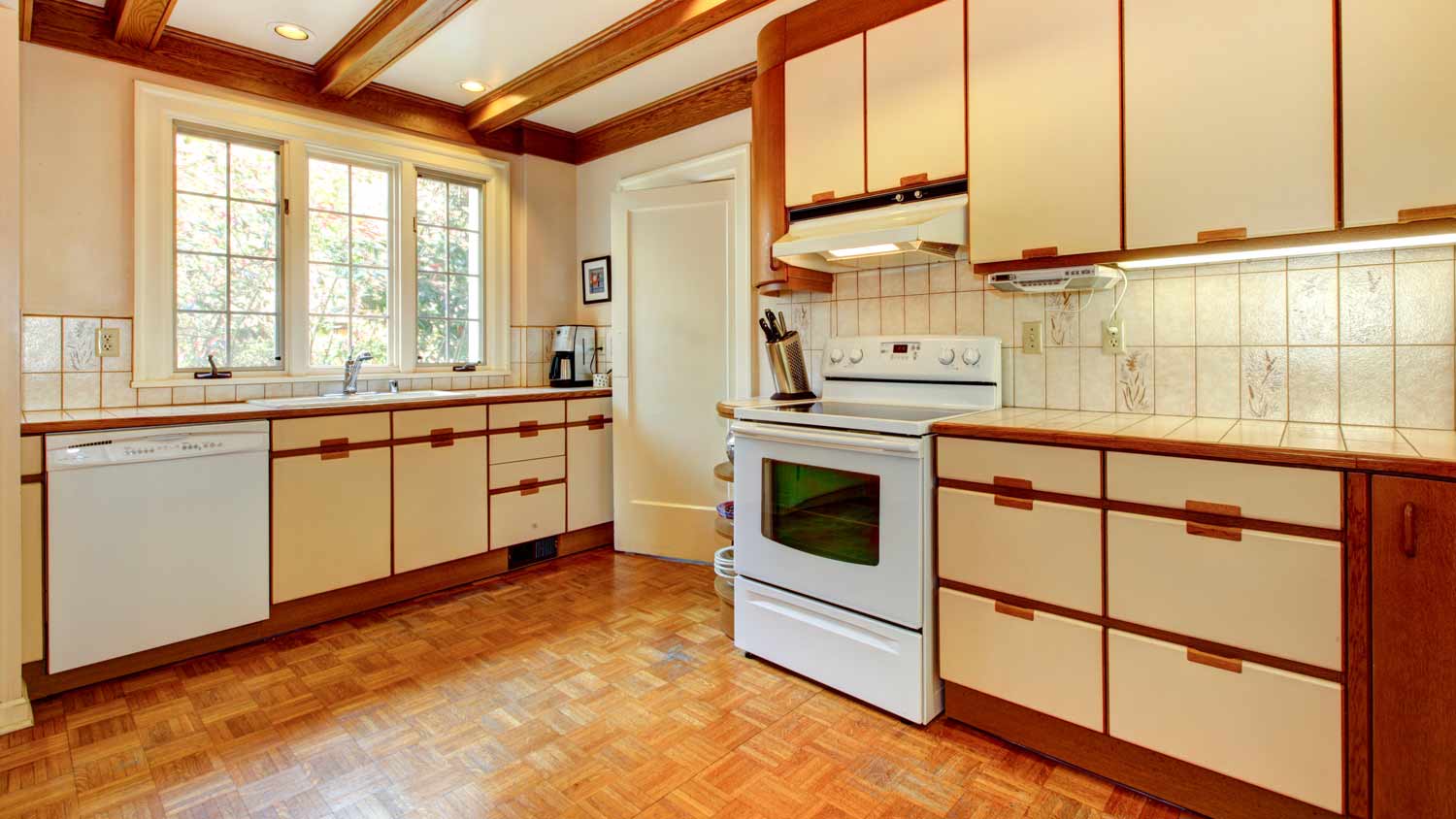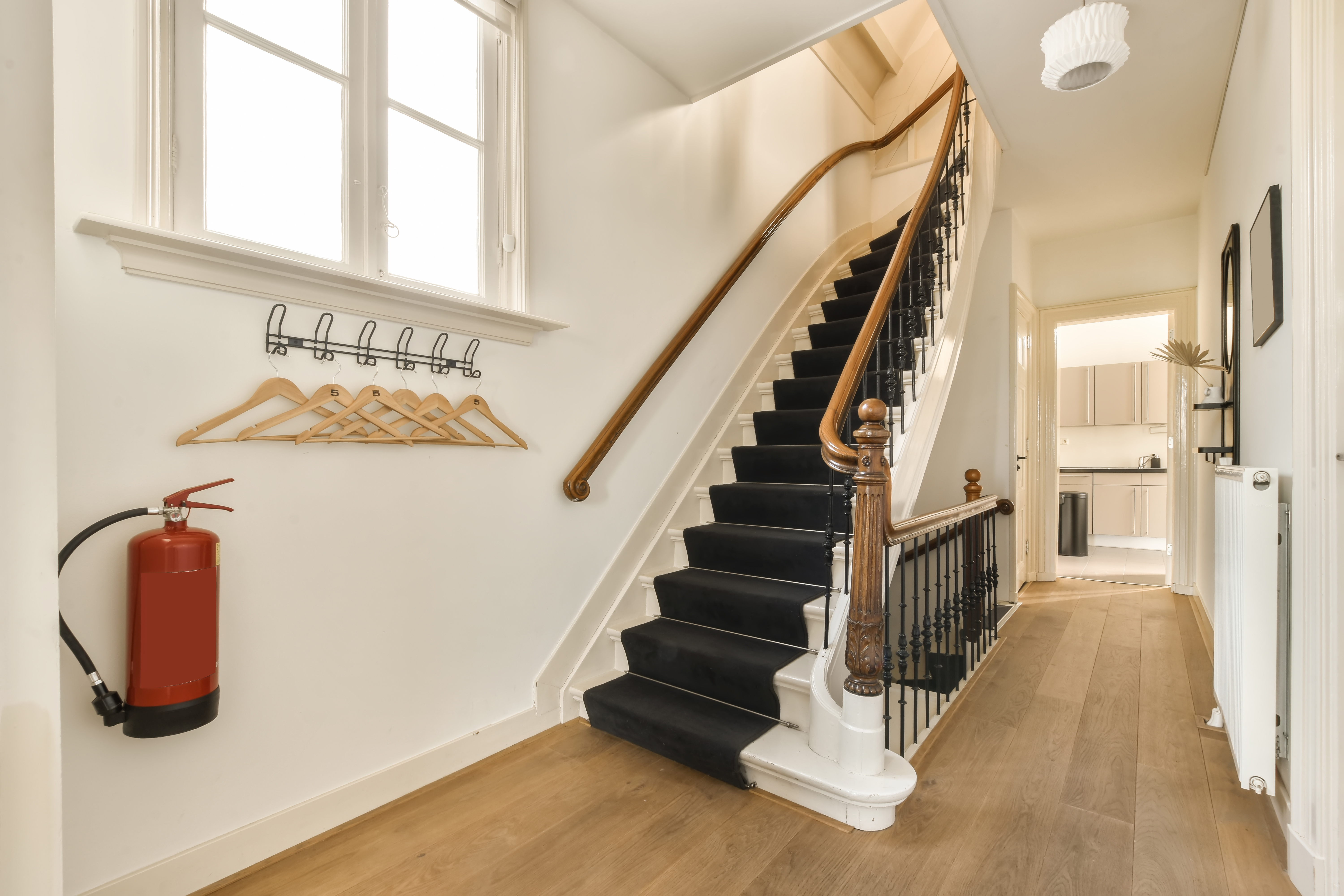
If you’re buying a home, having an inspection offers reassurance that it’s in good condition. How much a home inspection costs varies depending on the home's size, age, condition, and location.
Know the potential risks of buying an as-is property


An “as-is” house means that the seller doesn’t have the obligation to make any repairs before the buyer moves in.
The biggest benefit of buying an as-is house is the lower price and more room for negotiation.
Have a home inspection done to stay informed of the necessary repairs.
Buyers may encounter “as-is” properties while on the hunt for their future home. These properties often have necessary repairs that the owner is not willing to fix before selling. While this may seem like a drawback, it can also come with benefits. Discover the pros and cons of as-is homes to decide if it’s the right move for you.
Buying a house “as-is” means that the seller doesn’t have the responsibility of doing repairs or fixing problems throughout the home. They have no obligation to guarantee that everything is working in the home and are essentially telling the buyers to “take it or leave it.” As-is may refer to certain parts of the home or the property as a whole.
A person may be listing a home as-is for a variety of reasons, such as foreclosure, inheritance, or debt. The damages to the home may range from minor to major, and the seller does not have to correct them. This may include anything from paint chips to broken appliances, mold, or a faulty roof. It’s important to have a home inspection conducted prior to closing to ensure you have an overview of any damage to the home. The seller, however, does have to meet minimum disclosure requirements and warn of any potentially harmful issues such as lead paint or asbestos.

Buying a home as-is isn’t for everyone, so it’s important to know the benefits and drawbacks before you commit to an as-is home sale. If you find the pros outweigh the cons for your particular situation, you can feel good about moving forward and making an informed decision.
Though there are a lot of risks in buying a home as-is, there are also some potential benefits.
When you buy a home as-is:
The price is often lower to account for the cost of needed repairs. You’ll still need to pay for the repairs, but those costs won’t be wrapped up in the selling price.
The sales process can be quicker. Because you won’t have a lot of back-and-forth negotiation about which repairs are whose responsibility, the process from offer to closing may not take as long as with traditional purchases.
There’s less competition. In many areas, there are often multiple competitive offers for a listed home. Homes being sold as-is tend not to have as many potential buyers, so you’re less likely to be outbid.
While buying a home as-is has its advantages, there are also some serious potential drawbacks to consider.
You may have difficulty obtaining financing. Some types of mortgages, like FHA and VA loans, require certain repairs before financing is approved, and with an as-is sale, the seller isn’t obligated to make those repairs.
There may be major issues that are expensive to fix. Foundation problems, a roof that needs to be replaced, mold, termite damage, and more are all potential problems in a house being sold as-is. You need to know what you’re getting into and if the repair costs make the lower selling price worth it.
It may take longer for the house to be move-in ready. If you need to complete major repairs to make the house safe or habitable, it could be longer than you’d like before you can move in.
If you find a home you love being sold as-is, the buying process will be similar to a traditional purchase, with a few exceptions. First, when you prequalify for your mortgage, you’ll need to find out what kinds of repairs are required to be fixed in order for your loan to be approved. If the home you’re looking at needs repairs, your lender will deny the loan, and you’ll have wasted your time and effort.
There will also likely be less negotiating than with a traditional sale. Sellers who list their homes as-is are often motivated to sell, but they aren’t likely to budge much on price since as-is homes are already priced to account for the home’s condition.
It’s important to get a home inspection so you know what issues the home has. You’ll need to estimate how much it’ll cost to fix any existing problems and determine if those repairs fit into your budget.
While you should expect a home being sold as-is to need repairs, some issues may be big enough problems that you’ll need to carefully consider before moving forward with the purchase. Any structural problems with the foundation, roof, floors, or walls may be extremely costly and time-consuming to fix. Damage from water, termites, or mold can require extensive repairs and be expensive to remedy. Make sure you know the extent of any damage so you know how much it’ll cost to fix.
| Common As-Is Repairs | Cost |
|---|---|
| Roof Leaks | $360–$1550 |
| Asbestos Removal | $450–$6,000 |
| Water Damage | $1,300–$5,900 |
| Fence Repairs | $300–$900 |
| Termite Damage | $250–$37,500 |
| Foundation Repair | $2,000–$36,000 |
| Mold Remediation | $375–$7,000 |
| Plumbing Repair | $500 – $25,000 |
| Roof Replacement | $5,800 – $29,000 |
It’s important to stay informed about the issues that may arise within the home you’re buying. Don’t be afraid to ask questions about the home and any repairs it may need. Find a trusted home inspector near you and have an inspection done on the property. Adding a home inspection contingency clause to your offer will give you the option to back out if major issues are uncovered. You will have to cover the home inspection cost, which ranges between $280 to $400, but buying a house as-is with an inspection can save you a lot of money in the long run.
Once you receive the home inspection report and are aware of the repairs that are needed, get an idea of the investment you’ll need to fix them. It’s recommended to put away 10 to 25% of your budget when buying an as-is home to put towards the repairs. This ensures you have more money available for renovations once the transaction is complete. Staying prepared keeps you from getting stuck between a rock and a hard place when purchasing your future home.
From average costs to expert advice, get all the answers you need to get your job done.

If you’re buying a home, having an inspection offers reassurance that it’s in good condition. How much a home inspection costs varies depending on the home's size, age, condition, and location.

An attic inspection can confirm structural components, insulation, and home systems are all in order. Learn about attic inspection costs and what to know.

Drone roof inspection costs vary depending on the roof’s size, complexity, and material. Use this guide to budget for a drone roof inspection.

Even though you may be able to get home insurance without one, an inspection is usually worthwhile. Learn more.

Keep your home and family safe with this comprehensive fire inspection checklist.

Who to call to identify a smell in your home depends on the type of smell. While a home inspector is the go-to, you may actually want to hire someone else.